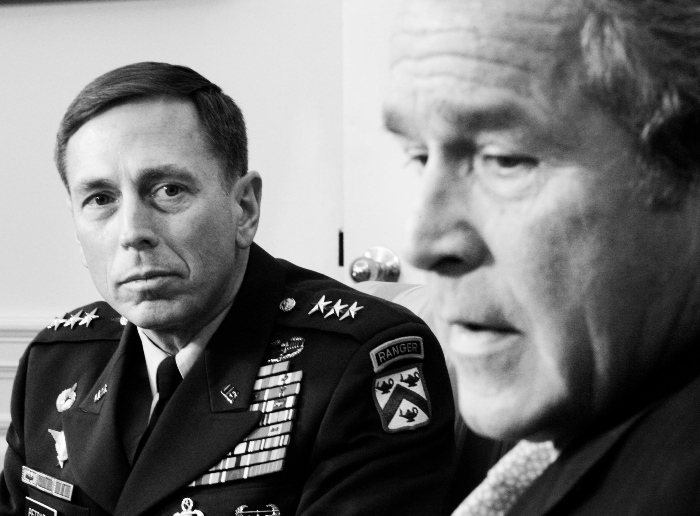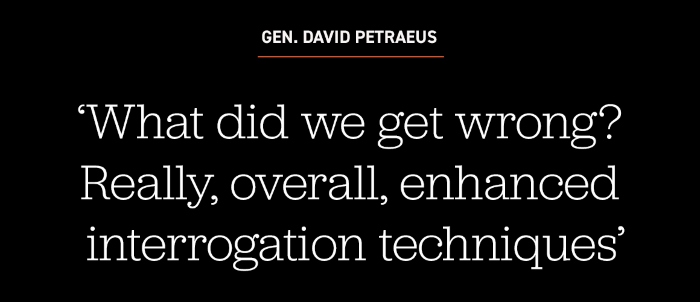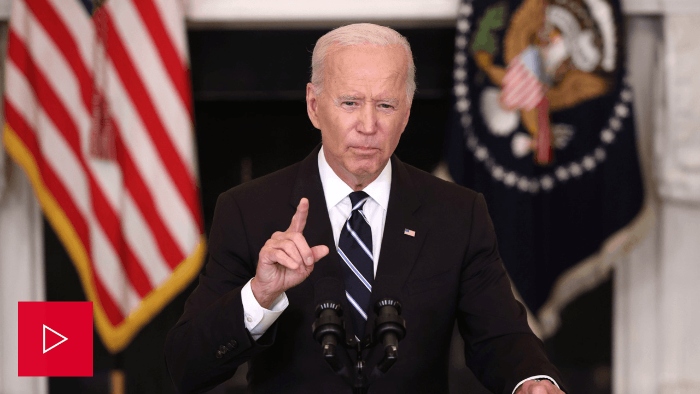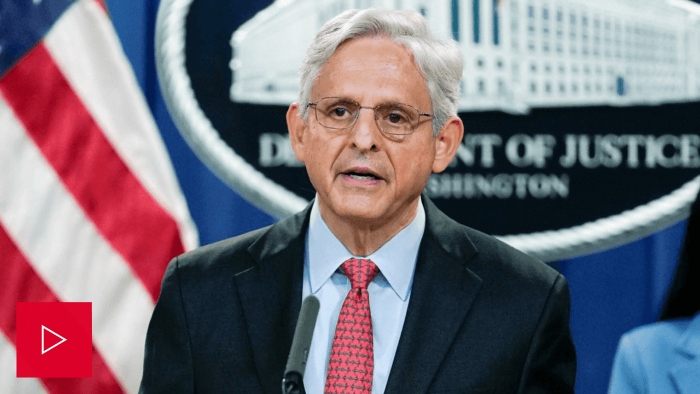Live on the homepage now!
Reader Supported News
If the Administration fails to help stabilize the beleaguered country, a withdrawal that appeared politically deft could prove damaging.
Yet the manner in which the withdrawal was conducted and also the Taliban’s triumph have had a political impact on Biden that has surprised me and other journalists who covered the conflict and long ago assumed that the general public had lost interest in it. Polls and pollsters now say that Biden’s handling of Afghanistan is one of two issues—the other is his response to the Delta variant—that have played a role in his approval ratings approaching those of Gerald Ford and Donald Trump at the same stage of their Presidencies. The majority of Americans favored ending the war, but the Taliban’s barring Afghan women and girls from attending school, the abandonment of Afghans who allied themselves with the American effort, and continued violence from ISIS seem to have taken a toll. On Friday, an apparent ISIS attack, the second in a week, killed more than forty minority Shiite Muslims as they prayed in a mosque in the Taliban stronghold of Kandahar—the latest of several signs that the Taliban are struggling to govern the country.
Biden’s decline in approval is among crucial voting groups for Democrats, such as women, independents, and young people. Despite years of Islamophobic, anti-immigrant fear-mongering by Trump (and a long American tradition of xenophobia), nearly seventy per cent of Americans polled support the resettlement of Afghan allies, after they undergo security screenings, in this country. Americans have not been this welcoming in decades: a majority opposed the resettlement of allies from Vietnam, Cuba, and Hungary, and of refugees from nations brutalized and buffeted by dictators and disasters, from Syria to Haiti.
The political importance of Afghanistan, of course, may fade if the nation stays out of the headlines. Biden’s handling of the pandemic and the economy, and whether Congress enacts his domestic agenda, will clearly be more important to voters in the midterm elections. But analysts say that the botched withdrawal contributed to doubts about the central premise of Biden’s Presidency: that he can govern effectively. “Many Americans were enjoying the sense of calm that had fallen over the government after four tumultuous years under former President Donald Trump—and approved of Biden because, to them, he represented a more competent leader,” Nathaniel Rakich, a senior elections analyst at FiveThirtyEight, wrote this week. “But Afghanistan, and also the delta variant, shattered that calm and raised questions about whether Biden really was that competent after all.”
Democratic members of Congress and U.S. aid workers—nominal allies of the Administration—say that the poor planning and lack of coördination that beset the withdrawal continues. They said that the State Department and other federal agencies have responded slowly or haphazardly when asked to help evacuate Afghan allies on private charter flights. Three weeks ago, the Taliban barred female police officers, judges, pilots, and scientists, among others, from doing their jobs, a service member organizing evacuations as a private citizen told me: “Female college students who planned to return to campus this fall now have to deal with forced marriages, as they’re told their only place in society is in the home.” Senator Richard Blumenthal, a Democrat from Connecticut and usually a stalwart supporter of the Administration, said that dozens of Americans and thousands of Afghan allies remain trapped in Afghanistan, six weeks after the American troops left. He said the Administration was not doing enough to aid them and that their safe departure should be a precondition of any talks with the Taliban. “There is more that can be done,” he said. “I’m still unconvinced that it is a sufficiently high priority. Actions speak louder than words.”
At rallies and in television interviews, Trump has signalled his intention to distort events in Afghanistan and turn it into another Benghazi-like wedge issue to motivate his base. On October 9th, at a rally in Iowa, he mentioned Afghanistan thirteen times and falsely claimed that Biden and U.S. military commanders had abandoned the bodies of American soldiers and left behind eighty-five billion dollars’ worth of military equipment. “These guys are major losers,” Trump said, later adding, “Afghanistan is the most embarrassing event in the history of our country.”
A journalist who was recently in Kabul told me that, at this point, the Taliban do not have the necessary expertise to govern a modern state. Thousands of Afghans, many of them women and educated professionals, still want to flee their rule. This week, the U.N. Secretary-General, António Guterres, said that an immediate injection of funding from the U.S. and other nations is needed to prevent the collapse of the Afghan economy. Government workers have not been paid, food prices are spiking, and banks are running out of cash. “The crisis is affecting at least eighteen million people—half the country’s population,” Guterres said, adding that the international community is in a “race against time” as temperatures drop. International officials warn that, as winter approaches, the Biden Administration must engage more intensively to prevent a humanitarian catastrophe. European leaders fear that Afghanistan, a nation of some thirty-eight million people, could produce a refugee crisis reminiscent of the one precipitated by the war in Syria.
The Taliban, meanwhile, appear emboldened. This week, after the group’s first meeting with American diplomats since the withdrawal, Suhail Shaheen, a spokesman for the regime, said that it would not coöperate with Washington on containing the Islamic State. “We are able to tackle Daesh independently,” Shaheen said, using the Arabic acronym for the group. General Mark Milley, the chairman of the Joint Chiefs of Staff, testified last month that a “reconstituted Al Qaeda or ISIS with aspirations to attack the United States is a very real possibility” in Afghanistan within the next twelve to thirty-six months.
Human-rights advocates warn that the turmoil in Afghanistan exemplifies a broader pattern: the norms and the multilateral organizations that the U.S. and European countries put in place after the Second World War, to aid refugees and to defend human rights, are steadily weakening. They said that the Administration’s unilateral withdrawal from Afghanistan undermines the credibility of Biden’s promise to restore U.S. support for international law and internationalism, after Trump spent four years denigrating them. “You can’t say you stand for human rights and do this,” Sanam Naraghi Anderlini, the founder and C.E.O. of the International Civil Society Action Network, a nonprofit that promoted peace talks and women’s rights in Afghanistan, said. “You can’t say you stand for multilateralism and do this.” She argued that the U.S. is abdicating its responsibility for the crisis in Afghanistan, leaving it to private citizens and organizations to rescue Afghans. Her group alone has received requests from several thousand people for evacuation. “Who are we to be the lifeline for over two thousand Afghans?” she asked. She predicted that the withdrawal is “not the epilogue to the end of the war on terror: you’re actually creating war forever, because you’re not doing it in a responsible way.” Whatever Biden’s intentions, the U.S. pullout from the country is having unintended consequences. Afghanistan, of course, may again fade from Americans’ consciousnesses. Or abject sexism, brutality, and hunger in the country may cause it to linger there.
Follow us on facebook and twitter!
PO Box 2043 / Citrus Heights, CA 95611











